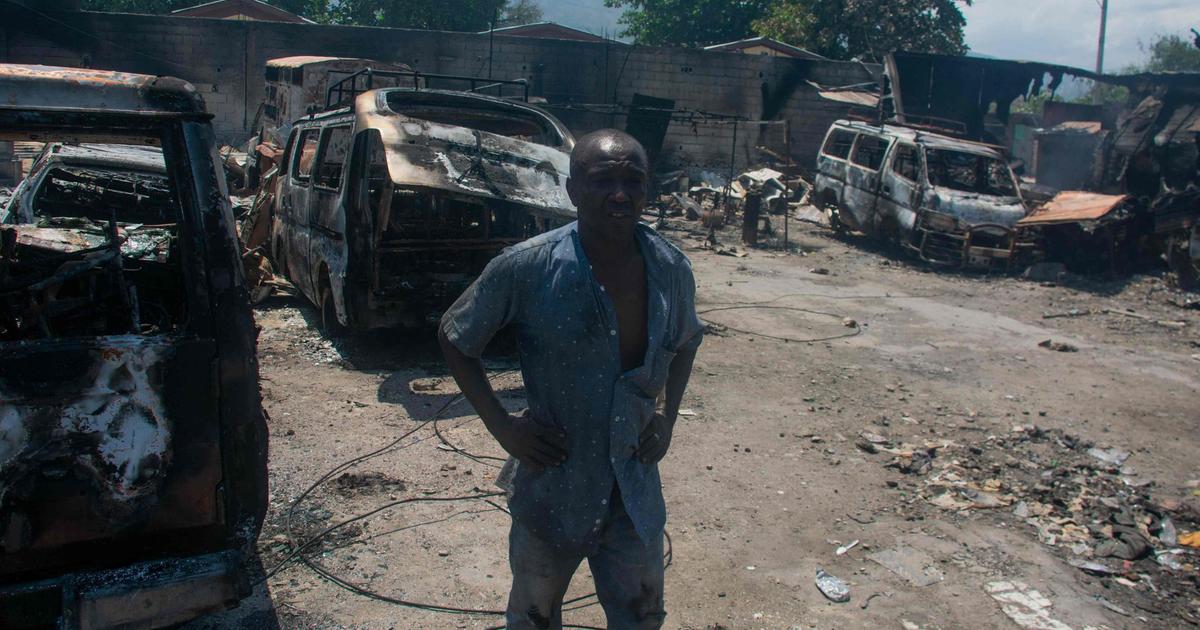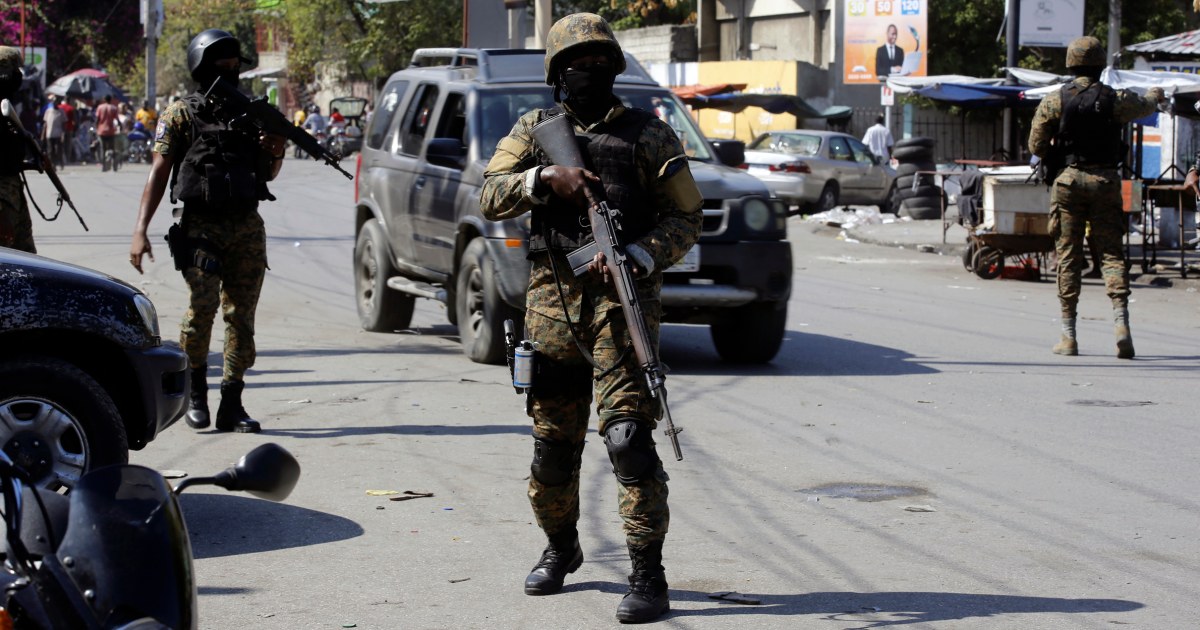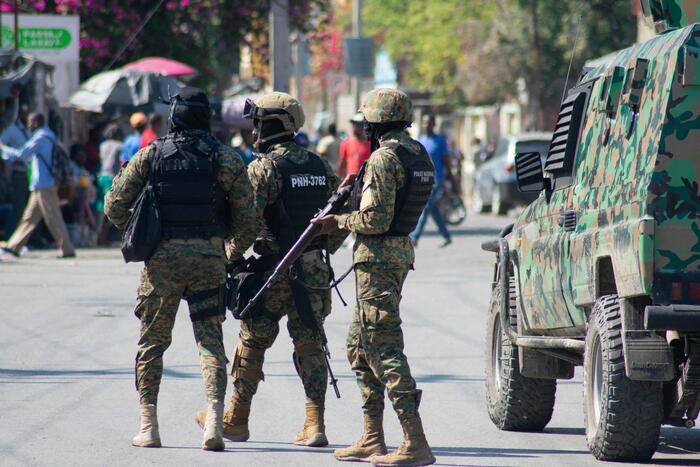Who rules with whom?
That will be the exciting question after the federal election in 2021.
The CDU / CSU have a dream partner, the Greens and FDP are getting closer.
An overview of possible coalitions.
Munich / Berlin - This has never happened in the Federal Republic of Germany: three parties in a federal government.
Before the federal election in 2021, such a three-way alliance is definitely a realistic scenario.
Especially since the polls for the election * do not see any clear outliers.
But: who could govern with whom over the next four years?
We provide an overview of possible coalitions in the federal government.
“Traffic light”: SPD, Greens and FDP - big differences in social policy and tax policy
“Ampel” - SPD, Greens and FDP
: What seemed unthinkable during the election campaign could really happen.
Namely, that the Greens and the FDP find themselves in a federal government.
As a junior partner of a stronger SPD, which was still ahead in the polls a week and a half before the federal election in 2021 (September 26) *.
Green Chancellor candidate Annalena Baerbock * has already advertised a possible collaboration.
“With the FDP there are large overlaps in parliamentary and civil rights.
We have launched a joint constitutional lawsuit against the state Trojan.
But there is a divergence in tax policy and social policy, ”said the 40-year-old in an interview with the
Süddeutsche Zeitung
.
FDP leader Christian Lindner does not rule out a traffic light coalition, but would probably demand the post of Federal Minister of Finance - for himself.
The Greens and the SPD, on the other hand, are largely pulling together on many issues - such as the wealth tax or loosening the debt brake.
With the FDP there are large overlaps in parliamentary and civil rights.
Green Chancellor candidate Annalena Baerbock
Red-green-red - probably an insurmountable hurdle in foreign and security policy
Red-Green-Red:
In social policy, health, pensions, but also in tax policy, there are many similarities between the three left-wing parties.
But: Foreign and security policy would be an insurmountable hurdle for such a coalition in possible exploratory talks.
The left rejects both the transatlantic defense alliance NATO and missions by the Bundeswehr, and does not want to expand investments in them.
Not even after the rescue mission in Afghanistan.
SPD Chancellor candidate Olaf Scholz * recently avoided making a clear statement whether he could still imagine an alliance with the Left Party.
Annalena Baerbock from the Greens * became clearer: “I want a federal government that is pro-European at heart and takes responsibility in the world.
If individual parties do not want that, then it contradicts the mandate of the Basic Law, "she told the
SZ
:" That tells us to take responsibility for peace in the world and a common Europe.
And that's where the left has sidelined itself in the last few weeks. "
Federal governments in Germany: |
Coalitions: |
1998 - 2005: SPD Federal Chancellor Gerhard Schröder |
|
Cabinet Schröder I (1998 - 2002) |
Red-green from the SPD and the Greens |
Cabinet Schröder II (2002-2005) |
Red-green from the SPD and the Greens |
2005 - 2021: CDU Chancellor Angela Merkel |
|
Merkel I Cabinet (2005 - 2009) |
Black and red from Union (CDU / CSU) and SPD |
Merkel II cabinet (2009-2013) |
Black and yellow from CDU / CSU and FDP |
Merkel III cabinet (2013-2017) |
Black and red from Union and SPD |
Merkel IV Cabinet (2018-2021) |
Black and red from Union and SPD |
"Jamaica": Union, Greens and FDP - coalition failed in 2017 in Germany
“Jamaica” - Union, Greens and FDP
: In this constellation it would be the Greens * who would have to overcome a lot, after all there is a lot of overlap between the CDU / CSU and FDP - they could try, for example, the Greens in climate and social policy to slow down.
“Jamaica” is burdened with a heavy mortgage: In 2017 the negotiations on such an alliance crashed because the FDP broke them at the last minute.
CSU leader Markus Söder recently campaigned for such a coalition at the party congress in Nuremberg - should the union become the strongest force in the federal election in 2021.
Or, should a stronger SPD not find a coalition partner.
If a supposedly weaker union, the Greens and the FDP could come to an agreement and together get over 50 percent of the mandates in parliament, they too could form a federal government.
In the video: Bundestag election - CSU boss Markus Söder continues to believe in the turnaround
"Germany": Union, SPD and FDP - CSU politician Alexander Dobrindt is promoting this coalition
“Germany” - Union, SPD and FDP
: The CSU politician Alexander Dobrindt * has already declared such a variant to be his favorite coalition.
However, the Groko-tired SPD would have to jump over its shadow here - with the FDP as an additional alliance partner, that would be even more difficult for them.
The hurdles should not be insurmountable: the Union and FDP are politically close anyway, and for both parties the SPD would be the more comfortable partner in climate protection, for example, compared to the Greens.
However, it is likely to be difficult, especially in economic and social policy between the SPD and FDP.
"Kenya": Union, SPD and Greens - a lot would depend on the FDP
"Kenya" - Union, SPD and Greens
: Such an alliance is not one of the most likely variants.
But it could come into play if the Greens or the SPD do not come to an agreement with the FDP.
There would probably be no insurmountable hurdles for a “Kenya” coalition.
A Kenya coalition would again lack a strong opposition force in the Bundestag.
This would then probably only consist of the FDP, AfD and the Left Party.
+
Top candidate of the FDP: Christian Lindner.
© IMAGO / osnapix
"GroKo": Union and SPD - continuation of the grand coalition?
GroKo
: CDU Chancellor candidate Armin Laschet and CSU boss Markus Söder * were probably not quite agreed as of September 14th on whether, and if so, under what conditions the Union would govern in a grand coalition.
"A grand coalition with the SPD can come back again if it gets weaker," said CSU boss Söder at the party congress in Nuremberg, despite major differences in tax policy *, to the Phoenix broadcaster: "The important thing is that we are stronger than the SPD, because the claim to leadership in the federal government is derived from this. "
CDU boss Laschet *, on the other hand, said in the TV triumph of the chancellor candidates * the next day (September 12): "I think we have so much time after the election to see who is forming a coalition with whom and how." And: on ARD -Wahlarena said SPD man Olaf Scholz recently: "My goal is that the Union can now recover from the opposition." Another argument against repeating a GroKo is that failures in the past legislative periods are linked to this: sluggish digitization , poor housing construction and hesitation about climate protection.
(pm)
*
Merkur.de is an offer from IPPEN.MEDIA



/cloudfront-eu-central-1.images.arcpublishing.com/prisa/RJECWNQSME4ZC4AJX4NFKPPWMY.jpg)





